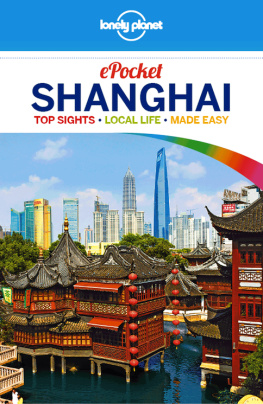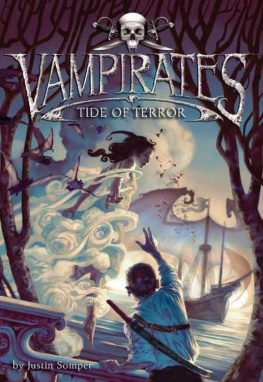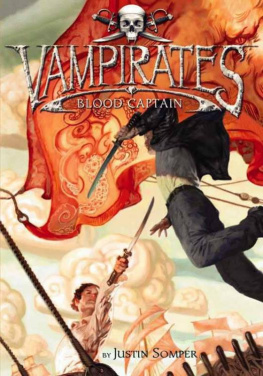

First published in the UK in 2018 by
Intellect, The Mill, Parnall Road, Fishponds, Bristol, BS16 3JG, UK
First published in the USA in 2018 by
Intellect, The University of Chicago Press, 1427 E. 60th Street,
Chicago, IL 60637, USA
Copyright 2018 Intellect Ltd
All rights reserved. No part of this publication may be reproduced, stored in a retrieval system, or transmitted, in any form or by any means, electronic, mechanical, photocopying, recording, or otherwise, without written permission.
A catalogue record for this book is available from the
British Library.
Copy-editor: MPS Technologies
Cover designer: Aleksandra Szumlas
Production manager: Naomi Curston
Typesetting: John Teehan
This is part of the Intellect China Library series.
ISSN: 2059-1985
Series editor: Hiu M. Chan
ISBN 978-1-78320-857-9
ePDF ISBN 978-1-78320-859-3
ePUB ISBN 978-1-78320-858-6
Printed and bound in Great Britain by Bell and Bain Ltd, Glasgow
Contents
Rong, YueMing
OConnor, Justin
Hua, Jian
Jia, Bu
Luan, Feng; He, Ying; Wang, Huai
Chu, JingFeng and Zou, Lin
Huang, WangLi
Liu, Chun
Rong, YueMing and Chen, LingYun
Xie, XueFang
Zhang, RuiNing and Chen, Hao
Chen, TianChen
China Shanghai International Arts Festival Centre
Notes on Translation
The practice of delivering clear and accurate Romanization of Chinese names has always been a challenge in translation. Many different attempts have been made, and an agreed format has yet to be established. The Intellect China Library series has also been experimenting with different methods of translation since its inception, in order to determine the clearest representation to our readership, both with or without knowledge of the Chinese language.
Throughout this volume, several new methods have been applied in order to distinguish surnames and given names. Instead of having the surname in capital letters like in the series first publication, surnames of authors cited in the references will be highlighted with an underline for a names first appearance, for the purposes of tracing reference sources. Furthermore, in order to distinguish the different characters in a Chinese given name to show an appreciation for its original literal poetics, an additional capital letter will be used for emphasis. For example, in the name Wu YueQing, Wu is the surname, while the given name is composed of the characters Yue (Moon) and Qing (transparency). That said, for overseas Chinese scholars who have been presenting their own names in a western manner publicly, such as Rey Chow, no specific emphasis will be added in this case. This is only an experiment in terms of representing Chinese names in a Romanized form; we would like to hear your feedback and suggestions to improve our future practices. Most English representations of Chinese characters in this volume are based on their Mandarin pronunciation (pinyin), with occasional alternatives from Hong Kong and Taiwan, where they have a different system in Romanization. An endnote with the original characters will be included at the end of each article, if necessary, for the clarification of specificities.
Preface by the Chinese Editor
Rong, YueMing
Shanghai Academy of Social Sciences
I n September 2014, my colleagues and I had a discussion on the possibility of publishing a collection of articles that would reflect the current cultural development of Shanghai. Having received enthusiastic responses from everyone, we reached a consensus to start the process of choosing and editing the articles and have them translated into English for a wider readership, in order to generate a better understanding of Shanghais current cultural industry. The selection was based on two annual reports, namely, The Annual Report on Cultural Development of Shanghai and The Annual Report on Literature Development of Shanghai, which are also known as The Blue Books.
Based on the general classification of arts, we divided urban culture into the following categories: literature, theatre, visual arts, dance, music and film. However, urban culture is not only manifested in the various artistic forms and styles, it is also a complex synthesis. Since Shanghai opened itself to foreign trade, the city has gone through a long development process that had its share of instability, diversity and vibrancy. Throughout a long period of cultural development, Shanghai has formed its own unique features and styles, as well as a variety of tangible cultural heritage. Todays Shanghai presents a cultural landscape that is modern yet traditional, local yet international, diversified yet unique, and that attracts attention from all over the world.
Most overseas readers receive their information about Shanghai by either visiting the city or by reading books on the historical and literary works of Shanghai. These experiences can then serve as a foundation for building a holistic picture of Shanghai culture. This book contains twelve reports and is divided into four sections that encompass urban culture and the One Belt, One Road initiative, the industrial integration of urban culture, technology and finance, the clustering of cultural industries and the development of the film industry.
Although this book can only give a glimpse of Shanghais diversified and ever-changing creative culture, it provides a unique experience for readers who are interested in learning about contemporary Shanghai. The author/s of each report are cultural studies scholars and experts in a specific discipline pertaining to Shanghai culture. They are currently affiliated with Shanghai universities or academic institutions.
Originally, the twelve reports only catered to a Chinese readership, and thus this project has provoked many challenges for the translators. This is also the reason why this book has taken almost two years to be published. The translators of this book are Chad Austin Meyers and Ivan Ruviditch, and several other professors from the Graduate Institute of Interpretation and Translation at Shanghai International Studies University. They are specially acknowledged for their contribution to the publication of this book.
My sincerest thanks also goes to Qiang Zhou, the information office director of Shanghai Municipality, for his generous assistance in supporting this book to be published outside of China. I would also like to thank Mr. Paul Owens, the co-founder and director of BOP Consulting and an expert on culture and creative economy in the United Kingdom (UK). He approached Intellect and recommended the book for publication. I am grateful to Mr James Campbell, international marketing manager at Intellect, who is responsible for the communications of this project, and Hiu M. Chan, editor of the Intellect China Library series, who oversees the general editing process of this book. The publisher Intellect has dedicated great attention to our book by providing professional, dedicated, comprehensive and rigorous editing work.
In addition, my heartfelt gratitude goes to Professor Justin OConnor and his academic team. Various problems arose in the process of translating this book, which constantly bothered me. I was finally relieved when I learned that Intellect had invited Professor OConnor to commence the books final review.










